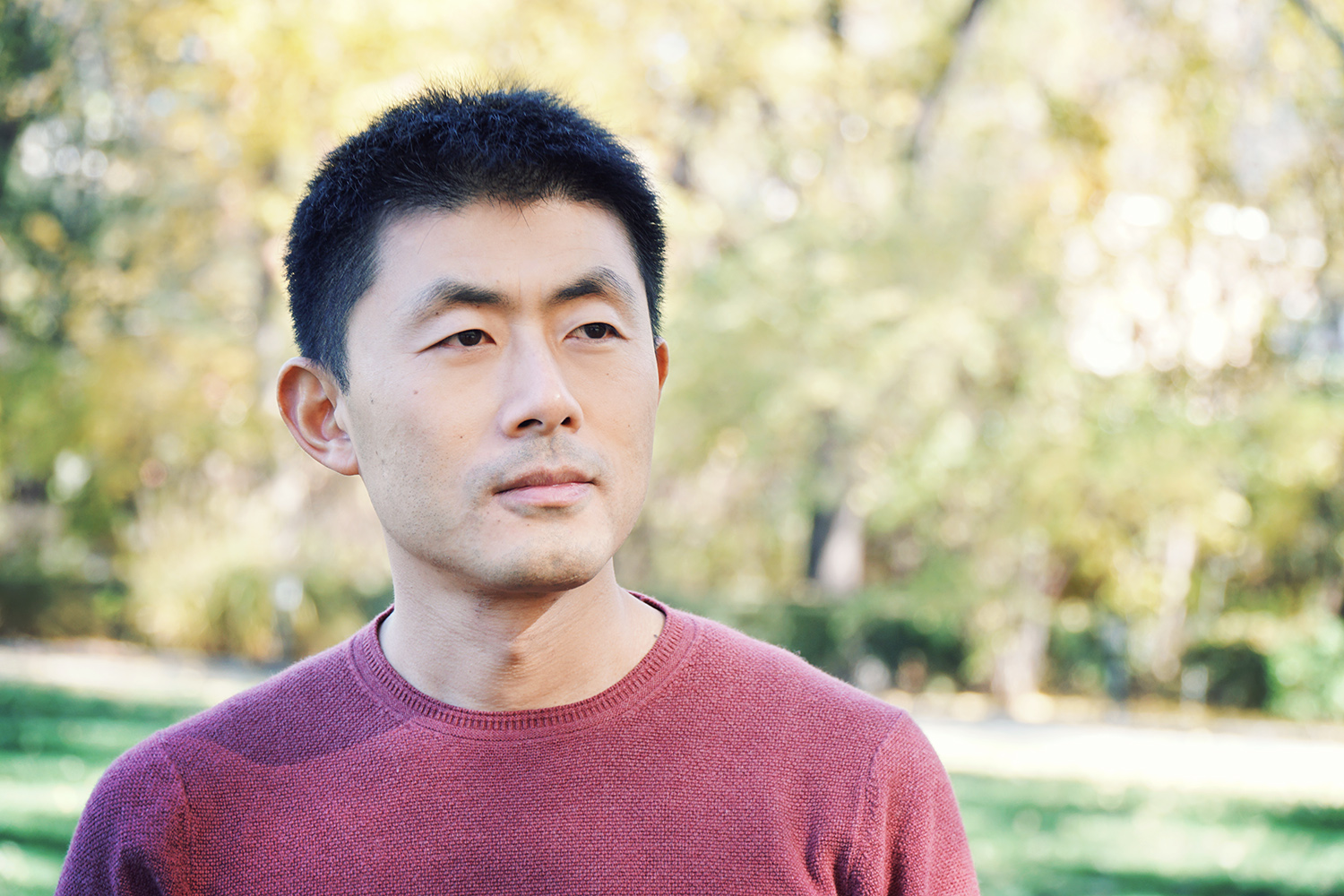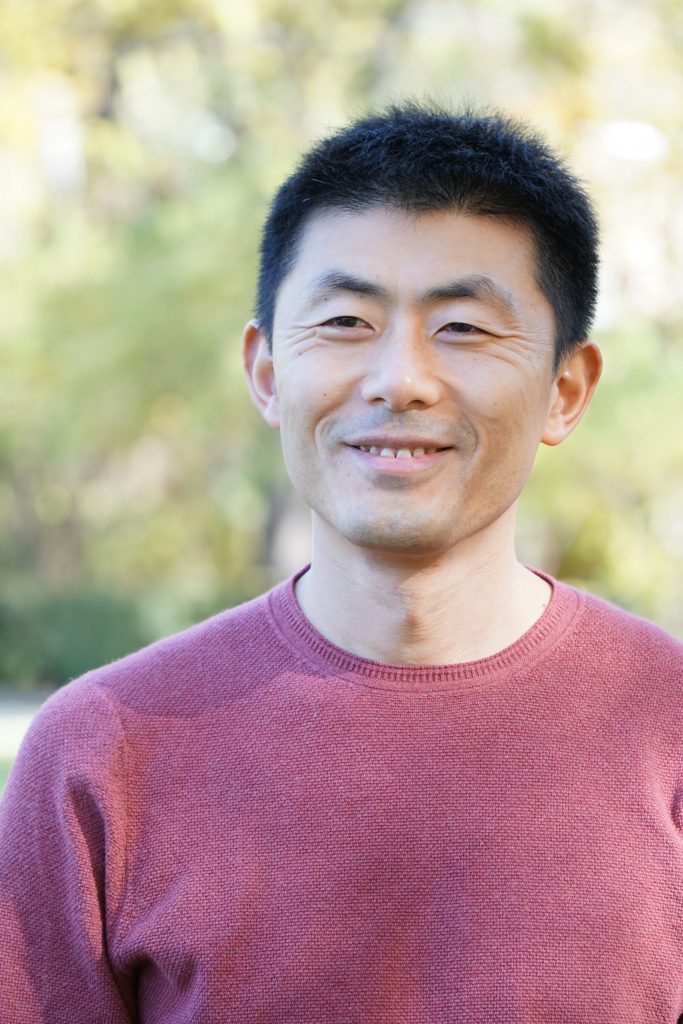
Zhao Qi
💼 Award-winning documentary filmmaker
🎓 MA Documentary by Practice at Royal Holloway, University of London (2002)
Zhao Qi is a Sundance and Emmy awards-winning documentary filmmaker from Beijing. His works include Last Train Home (2011 Emmy Awards), China Heavy Weight (2012 Golden Horse Award), Fallen City (2013 Sundance nomination) and The Chinese Mayor (2015 Sundance Special Jury Prize).
Zhao Qi also worked as an executive director and commissioning editor in China Central Television for 19 years. He produced over 800 documentaries covering culture, history, politics, and environment. He served as chairman of the Asia-Pacific Broadcasting Union (ABU) Prize in 2010, and was nominated executive producer to supervise the CARE project, an international co-production among over 15 Asian countries from 2012 to 2014.

What were you doing before Chevening? What were your career aspirations at the time?
At the time when I was applying for Chevening, I was a full-time employee at China Central Television. I was both an editor and a journalist in the cultural events section. I was in a bottleneck in the first stages of my career development. I was thinking that I needed a change, but I didn’t know where to look for it. By chance, someone told me about Chevening and said that it might be good to take some time out and get inspiration from people I didn’t know. I thought it might be a good idea, so I applied and very luckily, I was accepted. Then I went to the UK and I think that I really changed a lot during that time.
Chevening helps you see the world differently, and when you see the world differently, you can put that into your creations.
How do you feel your Chevening experience has influenced where you are now?
When I came back from the UK in 2003, I wanted to try to do something different from what I was used to. To be specific, an independent documentary. We do have independent documentaries in China, but they are very deep underground, and they are generally not high-quality and there is no market for them. When I came back, I felt that this was something I could do. I knew something about the work, I had a language advantage, and I also had knowledge about making documentaries. So I was putting everything together. Of course, in the beginning it was very hard, but that was when I started thinking about independent documentary filmmaking. A few years later I made my first film called Last Train Home, and that was the first independent documentary film ever released in Chinese cinema. From then on, I was on one hand focusing on independent documentary production and on the other hand, because of what I was exposed to while living in the UK, I became curious about engaging with new arts and technologies. I think that has led me to where I am right now—experimenting with new technologies like VR and AR.
What message would you share with the next generation of Chevening Scholars?
It’s not just a chance for study, it’s a chance to change lanes in your life track. The point of moving yourself to a new place with a new culture is not just for academic pursuits, although that’s an important part. Sometimes, it is to understand why people are the way they are; how they formed their culture in such a way. If you understand that, it will definitely enrich you. You’ll grow into someone broader, more impartial, and rational. Maybe you will also develop more understanding and tolerance, and the ability to accept disagreements. All of these constructive characteristics will slowly be formed during this experience if you focus not only on study, but on life.
